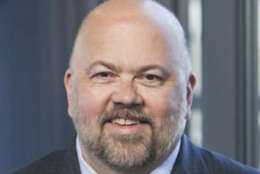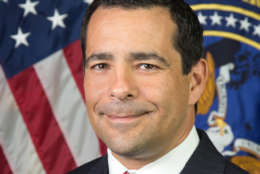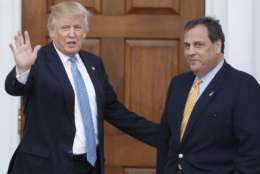Commentary
-
Critics say burrowing is not based on merit, and is a way for an administration to leave its sympathizers in place for years after it is gone.
October 31, 2017 -
William R. Evanina, director of the National Counterintelligence and Security Center, calls for greater awareness of and response to cyber vulnerabilities.
October 31, 2017 -
FAA has moved painstakingly on drones. The Trump administration wants to speed things up.
October 27, 2017 -
Senior Correspondent Mike Causey says 90 percent of the federal workforce will be hit hard if the GOP plan to trim contributions to 401(k) plans becomes law.
October 27, 2017 -
Dealing with problem employees can help productivity and morale, and it can be done without extreme changes to the structure of the civil service.
October 26, 2017 -
John Cassara, a retired Treasury agent, makes the case why stopping the illegal cigarette trade would benefit national security.
October 26, 2017 -
Are cyber jobs being sold right? People stampede to apply for flight attendant jobs.
October 24, 2017 -
Sebastian Taphanel, a principal solutions architect for Evident.io, makes the case for wider adoption of the single reference that uses the comprehensive knowledge of hundreds of governmental agencies.
October 23, 2017 -
The FEVS results show that the upward movement in employee satisfaction that began two years ago is continuing. That is good news.
October 18, 2017 -
Senior Correspondent Mike Causey says many feds are afraid that Congress will change retirement rules, forcing them to pay lots more and get lots less.
October 18, 2017 -
The new NPS anti-harassment policy has promise. But only with sustained effort.
October 17, 2017 -
Syed Azeem, a career federal IT leader, makes the case for why microservices will make federal systems more secure and easier to enhance.
October 16, 2017 -
The political popularity of a given administration seems to have low relation to FEVS scores.
October 16, 2017 -
Senior Correspondent Mike Causey says TSP millionaires all did the same thing: invest regularly, don't panic when the market hiccups and stay the course.
October 12, 2017 -
If you're looking for total vindication or a "smoking gun" of how the Trump administration acted during the presidential transition, it's not here.
October 11, 2017













